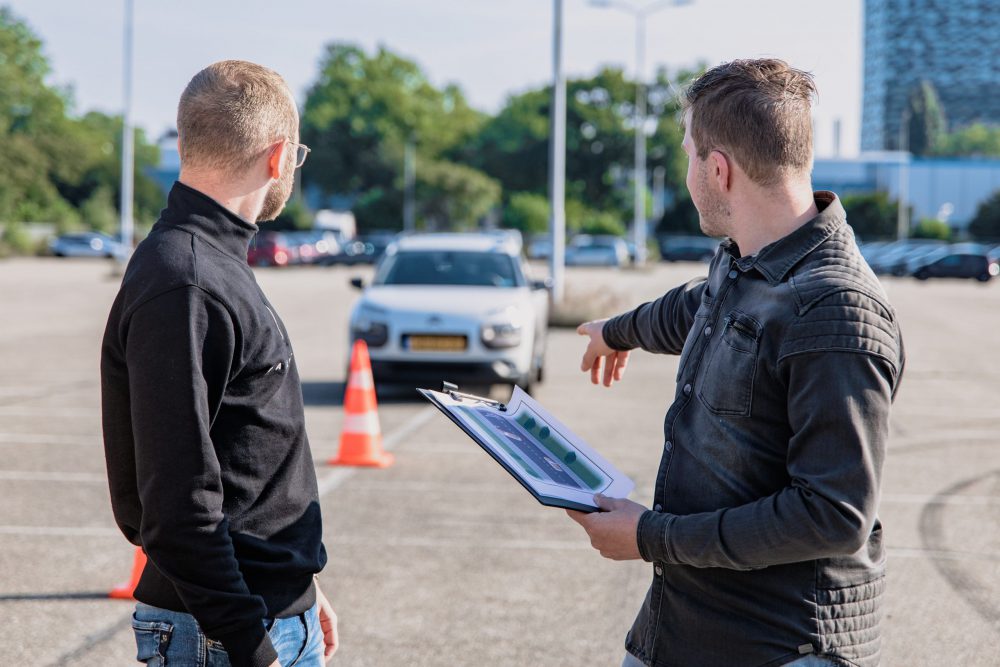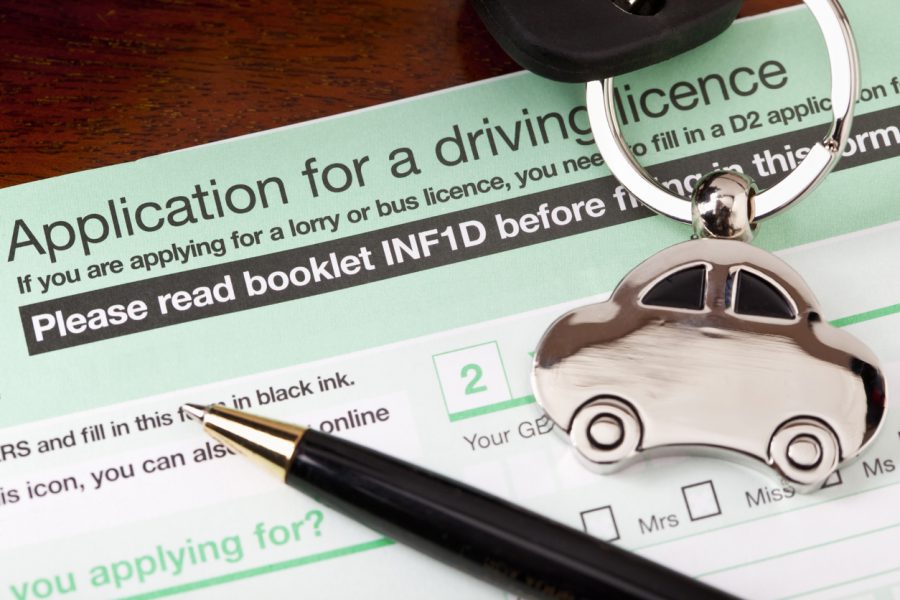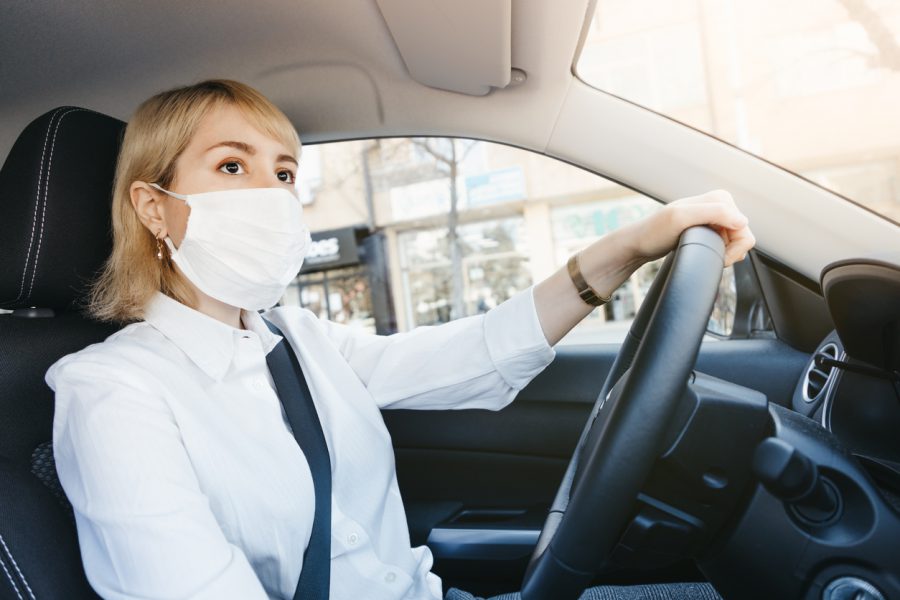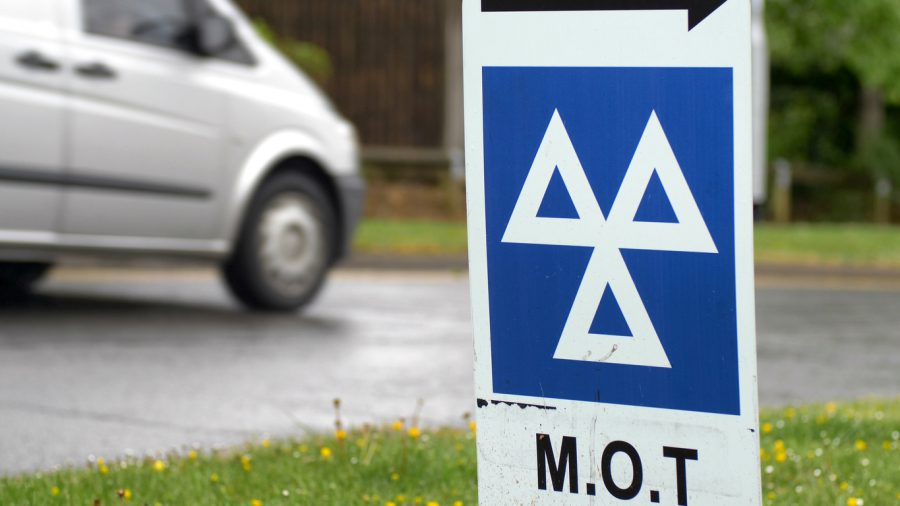
To many people, the driving test is a rite of passage. Like turning 16, heading off to university or arriving for the first day of work, ripping up the L-plates is something we all remember.
However, some drivers look back and feel a chill run down their spine. The driving test may have been one of the most stressful times of their life. And to make matters worse, it may have taken several attempts to pass.
All too often, that’s because they unwittingly sat the examination in an area with one of the lowest pass rates in the UK.
Believe it or not, at the UK’s toughest test centres, less than a third of candidates get their licence. The most successful areas see a staggering 80 per cent pass first time.
So the 1.5 million new drivers looking to pass every year should think carefully about where they take their theory and practical tests. Especially in light of the changes to the test, due to be introduced this December.
Plan ahead, and it could be as easy as mirror-signal-manoeuvre. Pick poorly and it could be more bump and grind.
Where’s best to take the driving test?
Continue reading →














